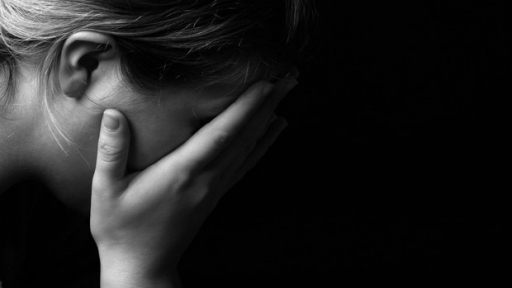News
Has the Covid-19 pandemic increased the risk of parental burnout in Portugal?
The first results of a study carried out by a team of researchers from the Universities of Coimbra and Porto, as part of an international project integrated in a consortium of 40 countries researching parental burnout, indicate that the pandemic crisis and the confinement in Portugal did not have the same impact on the quality of parenting and relations with children for all mothers and fathers.
Of the 488 fathers and mothers who participated in the study (mostly mothers, 81%), through an online questionnaire applied during the confinement period, between April 30 and May 20, 19% of fathers and 31% of mothers stated that confinement to housing and social isolation caused an increase in parental burnout symptoms, with a negative impact on their behaviours towards their children, reporting more negative educational practices, such as spanking and saying things to their children that they later regret, and disconnecting - for instance, not paying attention and providing care when they think they should.
In the opposite sense, 27% of mothers and 19% of fathers saw this as an opportunity to increase the quality of their parenting and their relationship with their children, accompanied by a reduction in the burnout related to exercising parenting.
«This polarization, with one pole marked by emotional well-being and increased quality of relationships with children, and another pole marked by psychological suffering and reduced quality of the relationship with children, associated with an increased risk of violent and negligent behaviour, is associated with a set of factors (not causes) that can be constituted, respectively, as protectors or risks», says Maria Filomena Gaspar, professor at the Faculty of Psychology and Educational Sciences of the University of Coimbra (FPCEUC), researcher at the Centre for Social Studies (CES) and member of the ProChild Collaborative Laboratory, which coordinates the study in Portugal, together with Anne Marie Fontaine, emeritus professor at the University of Porto.
The study indicates that being younger, having more years of schooling and living in a big city, as well as living in a house or apartment with no outside space where you can play with your children or the existence of mental health issues, present or past, are risk factors for the worsening of parental burnout
Parents with more children living at home; with more children under 4 years of age, who before the confinement had a nanny, or were in a day care centre or kindergarten; with more children who require more attention; with more children with more physical, mental, emotional or behavioural health issues are also factors that contribute to the increase of parental burnout.
Parental burnout, explains Maria Filomena Gaspar, «is a condition of mental health characterized by a state of exhaustion and a feeling of saturation related to the parental role, with loss of pleasure in being with the children and emotional detachment from them, these feelings and states contrasting with those that existed before».
It arises when there is an «imbalance between the "demands" placed on the exercise of the parental role and the "resources" that coexist to deal with them. The Covid-19 pandemic crisis, with house confinement, the closing of day care centres, kindergartens and schools, teleworking and social isolation, has posed new challenges to this balance», she stresses.
The aim of this study, which at the University of Coimbra involved the Centre for Social Studies, was to understand whether this crisis was merely a space of vulnerability for parenting, with an increased risk of parental burnout, or, on the contrary, a space in which challenges and adversities were transformed into an opportunity for better relations with children and more positive parenting, with a reduction in parental burnout.
Analysing the results of the study, the UC expert considers that «there is an association between the change in burnout and the impact that the pandemic and the confinement had on the quality of the relationship with the children: the worsening of the burnout is associated with a perception of less positive and more negative impact of the crisis on the quality of the relationship with the child and on the quality of parenting; while the reduction in burnout is associated with a perception that the crisis and the confinement had a greater positive and less negative impact on the quality of the relationship with the children and on the quality of parenting».
Maria Filomena Gaspar also stresses that «Therefore, another result is not surprising: parents with worsening burnout symptoms also mention a perception of increased negative behaviour in the relationship with the child compared to those who experienced the crisis and confinement without a worsening or even an improvement in parental burnout».
The participants of this study have an average age of 41 years and most of them have higher education (only 11% have up to 12 years of schooling).
This research is part of an international study coordinated by researchers at the University of Tilburg in the Netherlands, as part of an international consortium of 40 countries researching parental burnout (IIBP: International Investigation of Parental Burnout) and led by the University of Louvain in Belgium. In Portugal, in addition to the Universities of Coimbra and Porto, the ProChild Collaborative Laboratory is also participating.
_______________
Author: Cristina Pinto | Press Office - University of Coimbra - Rectory | Science Communication


